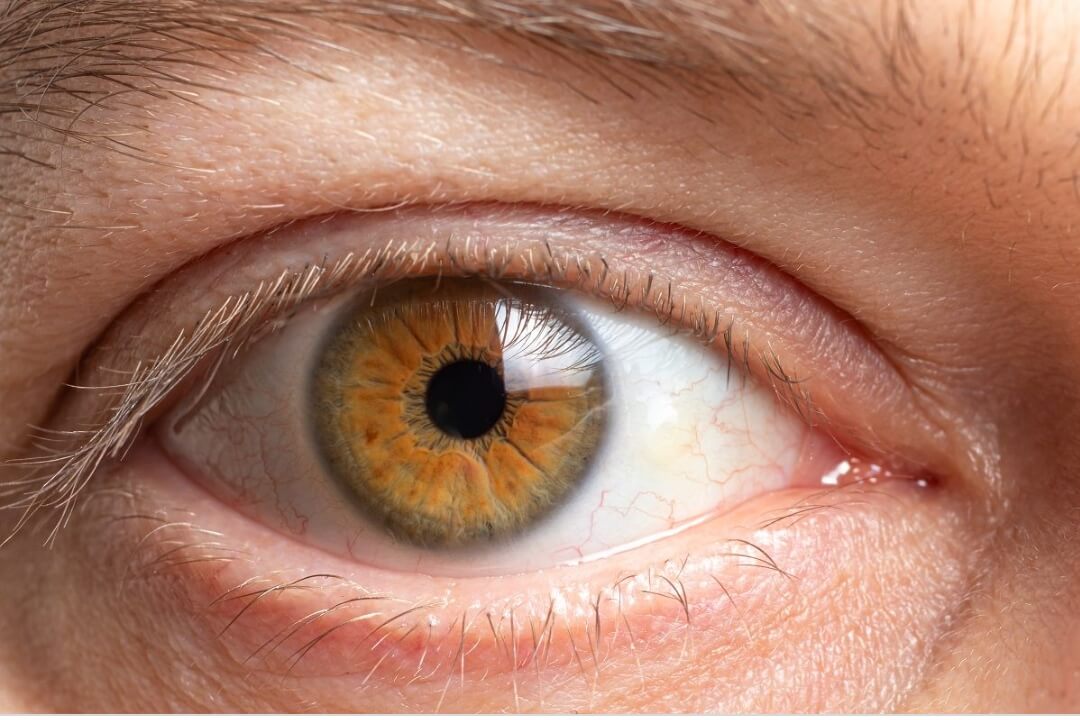
Genetic Testing for Inherited Retinal Disease
Inherited retinal disease (IRD/s) are a group of rare blinding conditions caused by one of more than 270 different genes. Some people living with IRDs experience a gradual loss of vision, eventually leading to complete blindness. Others may be born with or experience vision loss in infancy or early childhood. Demand for genetic testing for inherited retinal disease has grown in response to a number of advances, most notably the increasing availability and decreasing cost of multi-gene testing, along with the growing availability of gene-based clinical trials
Gene therapy has a growing research potential particularly in the field of ophthalmic and retinal diseases owing to three main characteristics of the eye; accessibility in terms of injections and surgical interventions, its immune-privileged status facilitating the accommodation to the antigenicity of a viral vector, and tight blood-ocular barriers which save other organs from unwanted contamination. Gene therapy refers to a technique of introducing foreign DNA constructs into host cells in order to treat a medical condition. The most basic version of this therapy involves monogenic disorders such as cystic fibrosis.
Inherited Retinal Disease affects approximately 1 in 3500 individuals in North America and Europe and are an important cause of blindness in children and adults of working age. The benefits of genetic testing for inherited genetic disease are myriad: A positive genetic test can elucidate or confirm a diagnosis and provide information about likely prognosis. Increasingly, genetic testing is used to screen patients as possible candidates for clinical treatment trials.
WHY SHOULD I GET GENETIC TESTING?
Successful genetic testing can tell you a lot about your condition. It may help you:
- Confirm your IRD diagnosis. Sometimes it is hard to definitively confirm an IRD through eye tests alone. Some IRDs cause similar symptoms and retinal damage. Genetic testing may help your vision care team understand your diagnosis and how your vision loss might progress.
- Understand your inheritance. Gene mutations have specific inheritance patterns such as dominant, recessive or x-linked (as discussed above). Knowing more about the inheritance pattern of your gene can be helpful in determining how the gene is passed on and if other members of your family should get tested for the mutation.
- Determine your next steps. Many clinical trials and treatments currently available are gene specific. If you are interested in participating in a clinical trial, your first step to determining your eligibility may be genetic testing or knowing your gene mutation.







